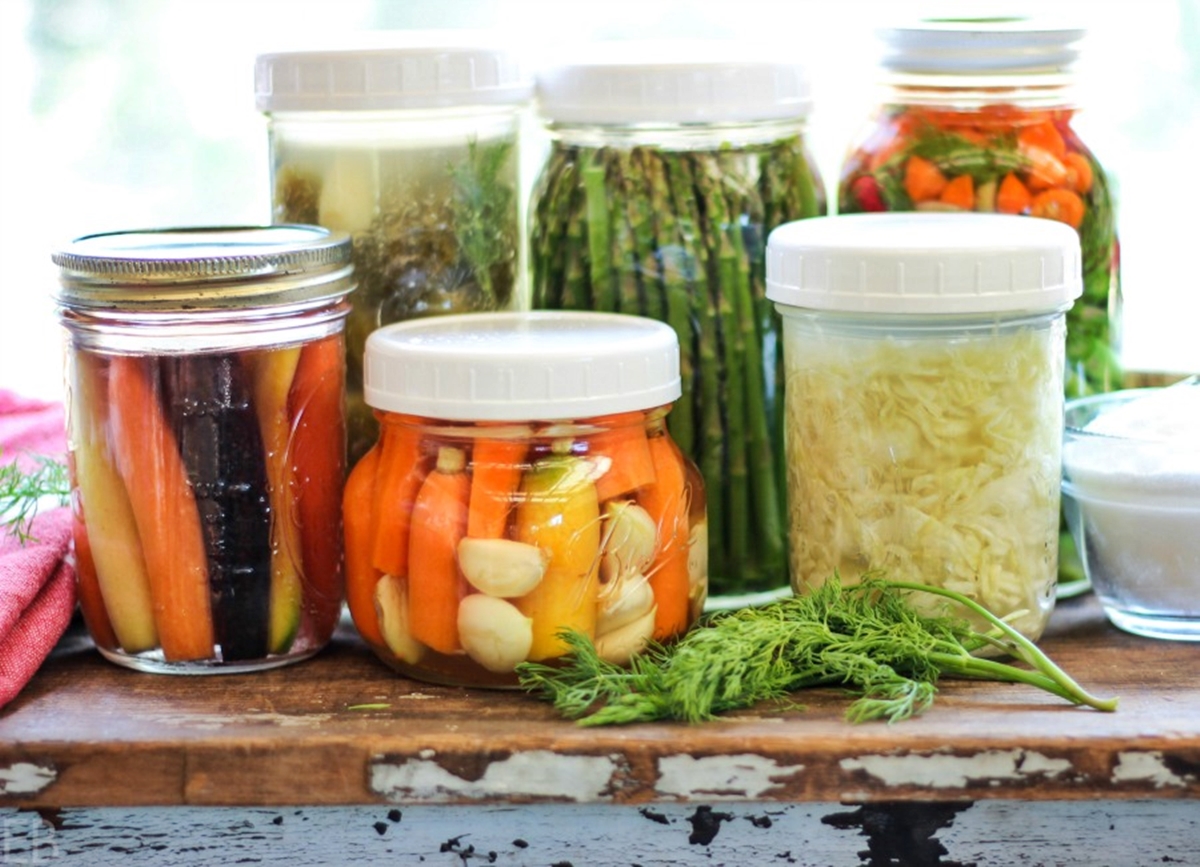
How Long Does It Take to Ferment Vegetables?

Fermented vegetables have gained immense popularity in recent years, not just for their tangy flavor but also for their numerous health benefits. From sauerkraut to kimchi, these probiotic-rich foods are celebrated for their ability to support gut health and boost immunity. However, one question that often arises among beginners is, "How long does it take to ferment vegetables?" Let's delve into the science behind vegetable fermentation and uncover the factors influencing fermentation time.
Understanding Vegetable Fermentation
Fermentation is a natural process that occurs when microorganisms, typically bacteria and yeasts, break down sugars and starches in food, producing acids, gasses, and alcohols. In the case of vegetables, lacto-fermentation is the most common method used. This process involves the conversion of sugars into lactic acid by Lactobacillus bacteria, creating an acidic environment that preserves the vegetables and enhances their flavor.
Factors Influencing Fermentation Time
Several factors influence the duration of Gemüse fermentieren:
- Vegetable Type: Different vegetables have varying levels of sugars and moisture, which affect fermentation time. For instance, softer vegetables like cucumbers and zucchinis ferment faster than denser vegetables like carrots and beets. Additionally, the size and texture of the vegetables can impact how quickly they ferment.
- Temperature: Temperature plays a crucial role in fermentation. Warmer temperatures accelerate fermentation, while cooler temperatures slow it down. Ideally, temperatures between 65°F to 75°F (18°C to 24°C) are optimal for vegetable fermentation. Extreme temperatures can either stall the fermentation process or lead to rapid spoilage.
- Salt Concentration: Salt acts as a natural preservative and helps regulate the fermentation process. The salt concentration in the brine affects the growth of beneficial bacteria and prevents the growth of harmful microorganisms. A higher salt concentration slows down fermentation, while a lower concentration speeds it up. It's essential to strike a balance to achieve the desired flavor and texture.
- Starter Cultures: Using a starter culture, such as whey or a commercial fermentation starter, can expedite the fermentation process by introducing specific strains of bacteria. These cultures help kickstart fermentation and ensure a consistent outcome. However, they're not always necessary, as vegetables contain naturally occurring bacteria that can initiate fermentation on their own.
Average Fermentation Times for Common Vegetables
While fermentation times can vary based on the factors mentioned above, here are the average times for fermenting some common vegetables:
- Sauerkraut: 1 to 4 weeks
- Kimchi: 1 to 2 weeks
- Pickles: 1 to 4 weeks
- Carrots: 1 to 2 weeks
- Cucumbers: 3 to 7 days
- Beets: 1 to 2 weeks
It's important to note that these are rough estimates, and the actual fermentation time can differ based on individual preferences and environmental conditions. Must Visit: Mein Hausund Gartenparadies
Tips for Successful Vegetable Fermentation
To ensure successful fermentation, consider the following tips:
- Use fresh, high-quality vegetables.
- Clean all equipment thoroughly to prevent contamination.
- Use non-iodized salt, such as sea salt or kosher salt.
- Keep the vegetables submerged in brine to prevent mold growth.
- Monitor the fermentation process regularly and adjust factors like temperature and salt concentration as needed.
- Taste the vegetables periodically to gauge their flavor and texture.
Conclusion:
In conclusion, the time it takes to ferment vegetables can vary depending on several factors, including the type of vegetable, temperature, salt concentration, and the use of starter cultures. While there are average fermentation times for common vegetables, it's essential to monitor the process closely and adjust accordingly to achieve the desired flavor and texture. Experimentation and patience are key to mastering the art of vegetable fermentation and enjoying homemade probiotic-rich delights.
SIIT Courses and Certification
Also Online IT Certification Courses & Online Technical Certificate Programs

